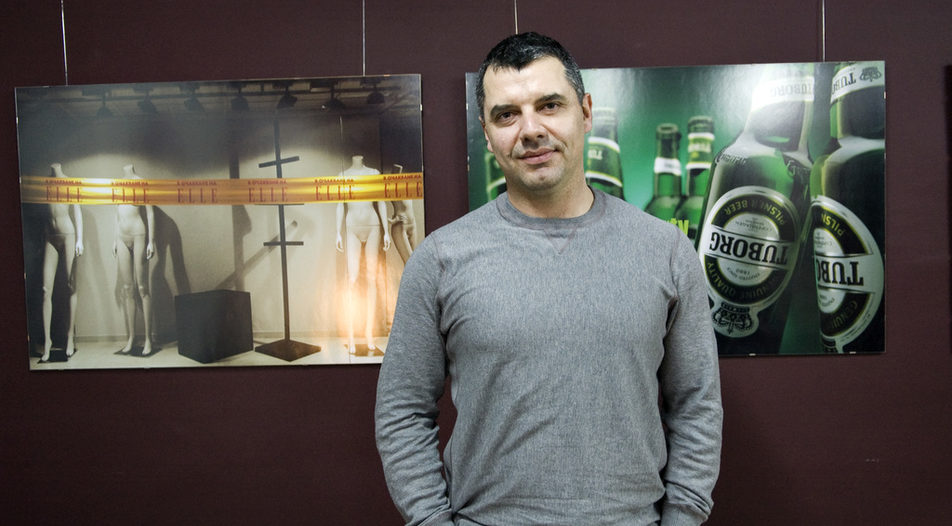Smaller budgets, drastically reduced consumption and collapsing trust. This is what the advertising market looks like these days.
The coronavirus pandemic replicated the worst times for the Bulgarian marketing industry - the 2008 crisis, and then dug a little deeper.
Coupled with the change in people's habits and the way they consume media, there is a need for new marketing strategies.
So who is better to give some tips than the most effective agency on the market and the most effective advertiser? Capital Weekly talked to Noble Graphics and retailer Kaufland Bulgaria who won respective categories in 2020 in the "Effie Bulgaria" awards for best business results in advertising.
Lesson 1: be true and honest
Consumers have long since stopped believing in exaggerated campaigns that promote "the best product or service." In times of crisis clients are becoming more demanding; they need to hear real and frank messages from brands supported by actions.
"The pandemic has raised issues such as health care, safety of our loved ones and mental health. These topics were not present in the public dialogue before and now consumers expect a position and commitment from the brands," said Maria Milusheva, creative director of Noble Graphics. "Brands need to be really empathetic to the audience. Only those who do it honestly will win," said the agency's co-founder, Chavdar Kenarov.
Lesson 2: be present. Always
The pandemic has changed the speed of life. People are staying more at home and consuming more content, but also take more time to assimilate it.
They expect brands to provide services in new ways, including a 24/7 online availability and an overall adequate digital presence. If people can stay longer online and work on weekends, they expect the brands to have the same attitude.
Digital channels have turned the one-way communication between companies and consumers into a dialogue. According to experts, all of these changes in consumers' habits will remain for a long time.
Lesson 3: be fast and flexible even if it costs more
Let's face it: short-term plans are the new norm for both work processes and communication strategies. COVID-19 shrank our worlds to a few months (or weeks) ahead. There is still time and space for greater strategies, but survival right now depends on speed and adjustment.
"At the beginning of 2020 we were very confident, because we had a clear marketing plan. In March, we realized that it would not be fulfilled. We had to create a different approach and three or four scenarios depending on the changes," said the marketing director of "Kaufland Bulgaria", Katerina Usheva. "This is how we learnt to be much more flexible in our communication strategy," added Usheva.
One of the quick decisions was to drop the BTL channels and spend much more on TV ads. For the period January-October last year, Kaufland spent 38.5 million leva (more than 19 mln. euro) on TV commercials. Compare this to 2019, when the whole TV budget was 31.7 mln leva (around 16 mln. euro).
The pandemic can also be seen as an opportunity for brands to test new communication strategies and differentiate themselves from competitors. Physical events, for example, have moved online, providing new opportunities for sponsors to stand out with digital content, individual home deliveries or very personalized messages.
Lesson 4: don't stop communicating
During an economic and health crisis, companies need to remember that customers choose even more carefully between different products and brands. Many advertisers cut their budgets last year.
This might save the budget sheets in the short-term; however, communication is a long-term investment to build a loyal audience. And it is exactly the loyal audience that sticks to the brands even during a crisis. "Companies need to communicate in order to stay in people's minds and not be totally forgotten. The next step is how the brands adequately help their consumers," explained Ivo Altanov, partner in Noble Graphics.
According to the creative director of the agency Maria Milusheva, during tough times businesses and people react emotionally. "It's a fight or flight reaction. Our clients, the advertisers, trusted us and chose to fight. That's why in 2020 we launched a lot more campaigns than the previous year," said Milusheva.
Smaller budgets, drastically reduced consumption and collapsing trust. This is what the advertising market looks like these days.
The coronavirus pandemic replicated the worst times for the Bulgarian marketing industry - the 2008 crisis, and then dug a little deeper.












